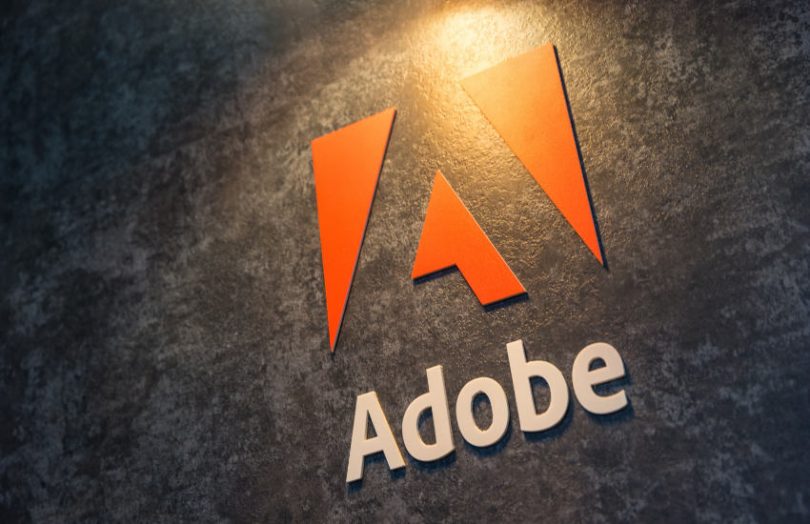Yesterday software company Adobe added support for the Solana and Polygon blockchains to its non-fungible token (NFT) offerings on its art platform Behance. The two blockchains are perceived as more sustainable, whereas previously, Behance supported NFTs on the Ethereum blockchain. Adobe has also made moves to address counterfeit NFTs through its Content Authenticity Initiative in collaboration with NFT marketplaces, including OpenSea, SuperRare, KnownOrigin, and Rarible.
Acquired by Adobe in 2012, Behance is used to showcase digital artwork. Last year, Behance introduced the ability for users to showcase their NFTs on Behance, although it does not support NFT sales. The crypto wallets that mint the NFTs are associated with Adobe IDs.
Adobe’s recent introduction of additional blockchain compatibility to Behance was in part motivated by the relative energy efficiency of Solana and Polygon, making them more environmentally-friendly alternatives to the Ethereum blockchain. Consumers have mounted a backlash against brands that promote NFTs, in part motivated by environmental concerns. When Salesforce announced it was getting into NFTs, 400 employees signed a letter objecting to the company’s plans.
“There are already tens of thousands of Behance users showcasing the NFTs they created on Ethereum. Some, though, have concerns about the energy use of Ethereum and the high transaction costs. As a Proof of Stake chain, Solana addresses this,” said Adobe VP and Behance lead, William Allen on Twitter.
“A single transaction on Solana uses less energy than two google searches and costs a fraction of a penny. While they work towards full decentralization, the low energy usage and transaction fees are a real innovation.”
However, there have been concerns over the energy efficiency of Polygon, a sidechain of Ethereum. Last month, the UK branch of the WWF pulled its NFT offering over environmental concerns after launching it on Polygon.
As well as its move to sustainable blockchains, Adobe has also highlighted its commitment to tackling counterfeit NFTs. The Content Authenticity Initiative (CAI) aims to protect NFT creators and collectors from falling victim to inauthentic artwork. Counterfeits in the NFT artwork sector is a growing problem, with NFT platform Cent halting most digital asset transactions on its marketplace last month over counterfeit concerns. Adobe plans to add tools to inform artists when their work is stolen.







